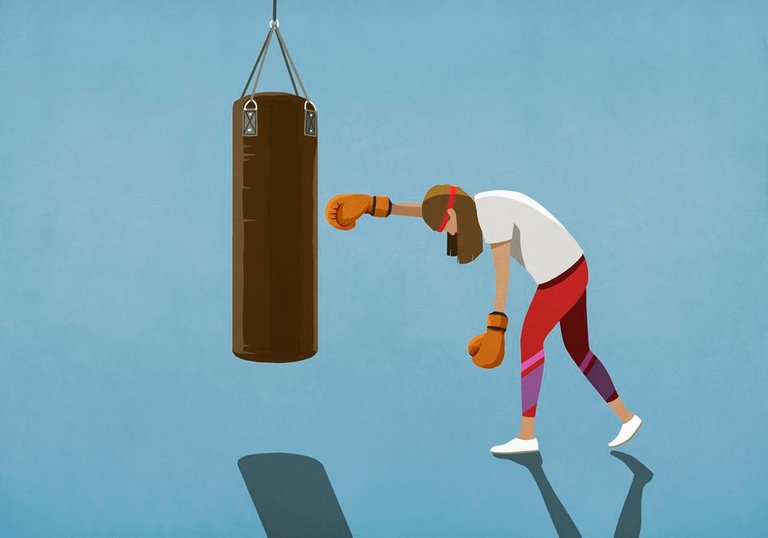Overtraining May Lead To Serious Injuries
Overtraining can be the precursor to many physical conditions, including injury and pain throughout the entire body. It can cause various symptoms, some mild and others severe. If you experience symptoms like lack of energy, headaches, weakness in the muscles and even pain and swelling in the joints then you have most likely over trained your body. Overtraining can lead to injuries, muscle damage and pain and in some cases can even be fatal.
Overtraining simply means you overtrained your body, or used it to the extreme. Over time, this can lead to the weakening of the smaller muscles, leaving you with weak muscles and a weak body which cannot withstand the demands any longer. Overtraining is most often an early warning sign of a much more serious condition known as Muscular Dystrophy. It is very important to seek full recovery from any sport or physical exercise injury as the longer you ignore the symptoms the worse it will become.
Symptoms include general weakness and dizziness, as well as increased tiredness and lack of energy. When recovering from overtraining your doctor may suggest that you increase your exercise and sleeping times slightly to allow for a full recovery. You should also reduce your daily stress as much as possible, especially at work. Try to keep some form of social interaction or group activity to maintain your health, energy levels and self esteem. Your doctor may advise you to start some form of weight lifting or resistance training as soon as possible to rebuild your muscle strength. Make sure you consult with your doctor beforehand as they will be able to give you more advice on what types of exercise will be suitable.
Another warning sign to look out for is muscle soreness. If you are suffering from muscle soreness or pain after your recovery period you should stop your workout as this could be a sign that overtraining has taken place. Muscle Soreness will lead to further damage if you continue to train without rest. Overtraining can cause an increase in bone spurs which will be a painful red bump on your shin bone or shin muscle. If you do not get medical treatment for this condition the pain will lead to permanent damage which can be very serious.
There are many other warning signs that overtraining has taken place. For example if you experience rapid weight loss or weight gain in less than a month you are probably overtraining. If you feel pain or stretch and aches in your legs after completing your workout then you have been overtraining and will need to ease off the exercise. Also your workout will be much more difficult than normal and you may need to increase the resistance or intensity of your exercises.
If you are having problems maintaining your normal heart rate while working out then you are probably overtraining and may have put strain on your muscles. When you overtrain it means you are putting stress on your body in order to reach a particular goal. Overtraining also causes your perceived exertion to increase which is basically your exertion divided by your resting heart rate. This can lead to pain, soreness and even fatigue.
The symptoms of overtraining can also appear during recovery. An increased resting heart rate combined with an increase in perceived exertion is a good indication that you may be recovering from overtraining. As well as these physical signs, athletes may also experience mental signs such as depression and anxiety. These symptoms are often overlooked and when they do occur, they can be very serious.
You should seek advice from a sports medicine specialist if you think you are suffering from the symptoms of overtraining. They can advise you on the best way to recover safely from an overtraining injury. Overtraining can be a serious injury for an athlete and if you are unsure whether your symptoms are from an overtraining injury or from some other cause, you should speak to a qualified medical professional before it's too late.
References

Electronic-terrorism, voice to skull and neuro monitoring on Hive and Steem. You can ignore this, but your going to wish you didnt soon. This is happening whether you believe it or not. https://ecency.com/fyrstikken/@fairandbalanced/i-am-the-only-motherfucker-on-the-internet-pointing-to-a-direct-source-for-voice-to-skull-electronic-terrorism